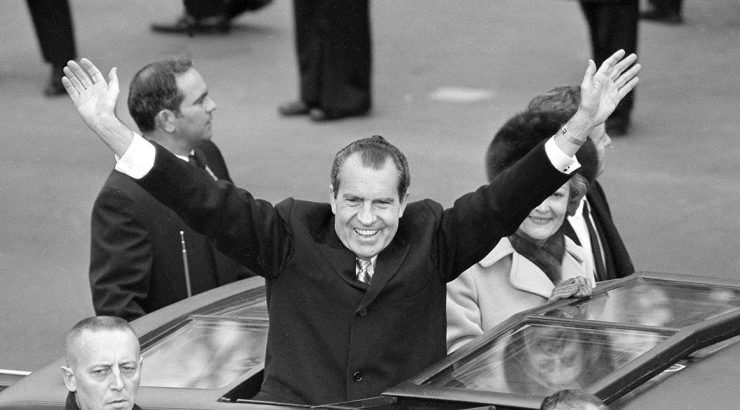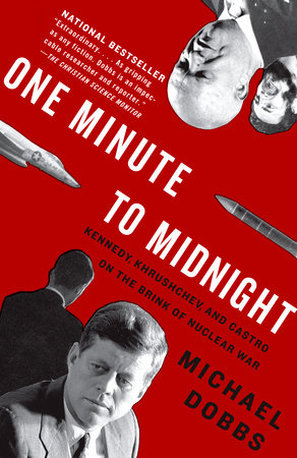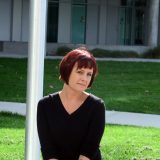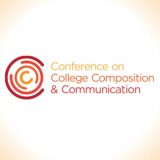
War, the Presidency, and the American Public
October 25, 2021
 Wilkinson College of Arts, Humanities, and Social Sciences recently hosted historian and former reporter for The Washington Post, Michael Dobbs, who spoke on “War, the Presidency, and the American Public – From FDR to George W. Bush.”
Wilkinson College of Arts, Humanities, and Social Sciences recently hosted historian and former reporter for The Washington Post, Michael Dobbs, who spoke on “War, the Presidency, and the American Public – From FDR to George W. Bush.”
Dobbs is the author of seven books (including his New York Times Bestseller, One Minute to Midnight about the Cold War) began by proclaiming himself a “Presidential Crisis Historian,” a first of this kind, to separate himself from all the other “Presidential Historians” in his field. Dobbs described how FDR, Truman, Kennedy, Nixon, George W. Bush and other U.S. presidents juggled the conflicting imperatives of waging war, preventing genocide, and maintaining political support among Americans.
“I’ve written books about Richard Nixon and President Roosevelt about how Presidents confront the issues of world peace, which are serious decisions that any President can undertake,” said Dobbs in his opening comments. “So, I’ve been thinking about War and Society, the title of your Master’s Program here , and I think it’s an interesting title, because you can’t separate war from American society. War is not just about military conflict. Wars involve the mobilization of entire societies and the side that wins the war is not necessarily the side that is militarily the strongest, it is the society that succeeds in mobilizing itself, has the staying power, and manages to prevail in the end.”
Max Zucker (‘23, Political Science Major, Business/Economics Minor) was struck by Dobbs’ “initial point about the overlap between war and society throughout the world; it’s not just a competition of military superiority, but more so of the competing societies’ ability to excel in all aspects of life, not just militarily.”
Dobbs went on to discuss his personal journey of becoming a historian and reporter. Now an American citizen, he was born in Belfast, Northern Ireland and as a child grew up in the Soviet Union where his diplomat father was stationed. As a journalist, he covered the collapse of Communism in Eastern Europe and in the Soviet Union. “The pictures of him with the Kremlin in the background in the 1950s as a child of a British diplomat stood out as well as his photo near Boris Yeltsin standing on a tank defeating the coup in the early 1990s. The personal side of the story always sticks with you,” said Dr. Kyle Longley, Director of the MA in War and Society.
“It was nice to have an in-person presentation with a good crowd of students and faculty as well as members of the community. It gave me a sense of a return to some normalcy, and I look forward to upcoming events in person,” said Longley.

